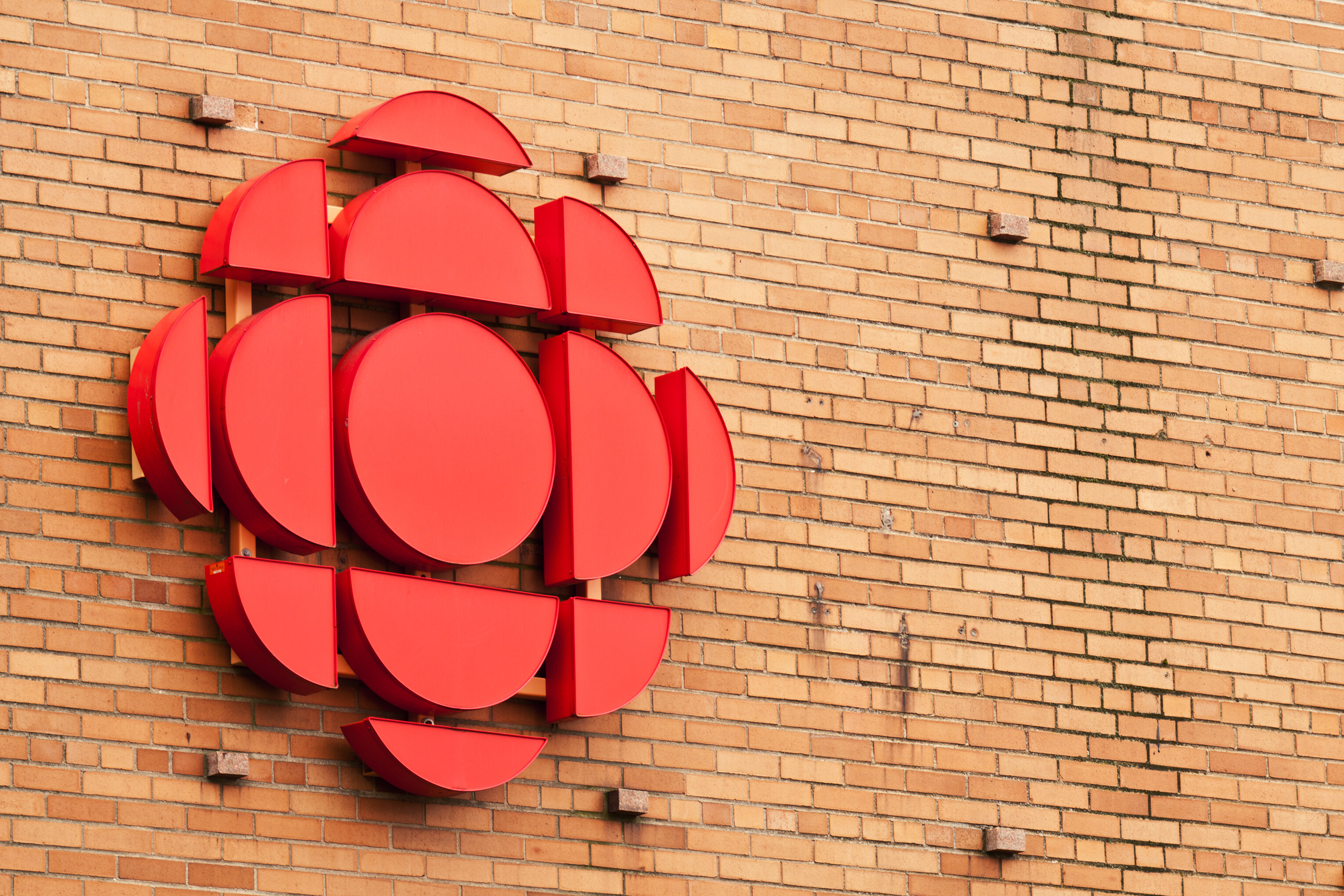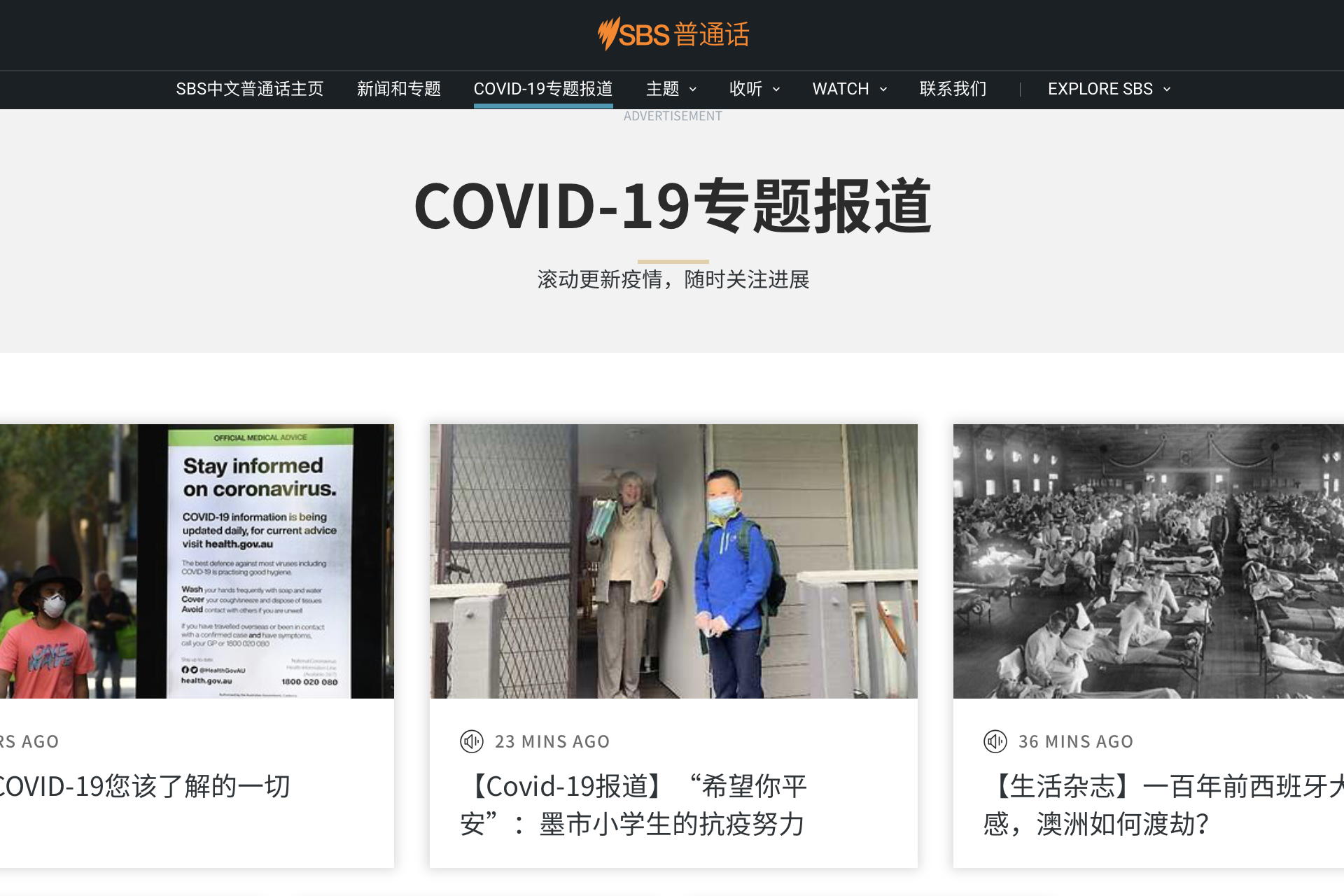Democracy relies on quality journalism and no more so than at the local level, particularly during crises and emergencies.
As the coronavirus pandemic worsens, local reporters have an essential role in highlighting resources and amenities, tackling misinformation, analysing the response of local government and services, and publicising community initiatives.
But around the world, local news outlets are struggling. Many are under-resourced, reliant on dwindling income from advertisers and struggling to compete in the digital era. And while the current crisis demands the scrutiny of local journalists, it is also taking its toll on the industry, with the sale of newspapers falling drastically in many countries. Just this week, New Zealand’s Bauer Group and its host of current affairs magazines collapsed, while UK publisher Archant put 150 regional journalists on paid leave.
This crisis of local journalism means that demand on public service media (PSM) has never been greater, with many PSM ramping up their local operations to fill gaps in the coverage of COVID19. While this doesn’t address wider issues about pluralism, it goes some way in addressing the emergence of news deserts at this critical time.
Coronavirus: Resources & best practices
Essential resources for sourcing and reporting news about the coronavirus pandemic
Local public media services
Around the world public media are swiftly adapting to ensure their local services can provide essential and potentially lifesaving content and information.
Many PSM, like Radio France, are refocussing their schedules to prioritise information, current affairs shows, audience interaction and support formats on a national level.
In the UK, the BBC has reprioritised its local radio breakfast and mid-morning output with a focus on “news, open phone lines and expert advice for local communities”. The corporation has also partnered with the Community Media Association, allowing up to 300 community stations to use its local radio content for free during the crisis.
Read more: Covid-19 and public media: Adaptation and contingencies
Radio New Zealand is also working with others, utilising its Local Democracy Reporting initiative to amplify issues of local significance and hold local power to account. The joint initiative was launched in late 2019 to strengthen local reporting in the face of pressures faced by newsrooms due to digital disruption.
In the US, local PSM stations are effectively filling the role of closed-schools in many areas, with some collaborating with educational organisations and services to provide content for home-schooling. Similar efforts have been made by the Australian Broadcasting Corporation, which is partnering with states and territories to create original teacher-led mini-lessons.
Read more: An update on local services and all the ways to access COVID-19 information on CBC News
Public media organisations like Germany’s ARD are also reporting a significant increase in listenership as people not only search for trusted sources of information, but also a source of companionship as isolation measures are enforced worldwide. This has forced some public media to adapt to these new demands, with more call-in opportunities and audience interaction. Local BBC radio stations have even partnered with manufacturers and retailers to provide vulnerable people over the age of 70 with free DAB radios.
Yet this is still early days and while we are yet to see the peak of this crisis, nor have we seen the extent to which public service media will have to adapt to fulfil their expanded remits, especially on a local level. As policies to tackle the coronavirus pandemic continue to change our daily lives, what impact will this have on the shape and role of public media? How will it affect their output? And how might it impact their long-term sustainability?
These are all issues that the Public Media Alliance will explore in the coming weeks and months, with input from our members.
We want to hear about your local public media coverage! Email us!
As the coronavirus pandemic worsens, public media are rapidly adapting to best cover the crisis on a local level while also providing for educational needs and vulnerable groups as isolation policies are introduced.
We want to hear from our members about what you’re doing to best cover the crisis on a local level. Email us using the link below.
Header Image: Microphone in radio studio stock photo. Credit: avdyachenko/iStock
Related Posts
27th March 2020
Governments must not use coronavirus as an excuse to curtail media freedom
The Public Media Alliance urges…
1st April 2020
ABC expands education schedule to support students at home during COVID-19 crisis
The ABC is launching an expanded…
26th March 2020
Insight | An update on local services and all the ways to access COVID-19 information on CBC News
Everything from a new email destination…
26th March 2020
SBS Radio launches multi-lingual coronavirus portal in 63 languages
Australian public broadcaster SBS is…



